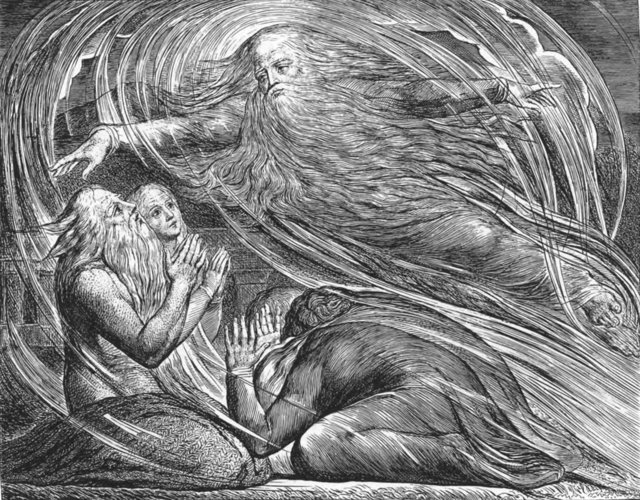FWP:
SETS == BHI
It's the position of that bhī that perplexes me. The question is, what exactly does it apply to? From its position, it ought strictly to apply to 'relish/amusement' [mazah]. But surely the beloved already gets some such feeling out of tormenting the lover. (Otherwise, why would she do it?) So why this suggestion? Would she get pleasure only from his complaining aloud, and not from his reproachful looks? Or only from his complaining, not from his suffering without complaint?
If bhī were differently positioned, other possibilities would emerge-- tujh ko bhī ('I already get pleasure from my suffering; let's arrange things so that you do too'); and mire āzār meñ bhī ('You already get other kinds of pleasure from having me as your faithful lover; you might as well get pleasure from my suffering too'). But I don't see why we would reposition what Ghalib has so clearly positioned.
Instead, we can invoke the idiomatic usage of bhī
that renders it almost invisible, just a kind of emphasizer and sentence-balancer:
yih bhī koʾī bāt hai , and other such phrases. Probably
that's how we can best read it here. Still, I don't see the special excellence
in this verse that Nazm and Bekhud Dihlavi praise. Maybe there's something idiomatic going
on that I just don't get.

Nazm:
That is, I will do the lamentation and complaint, you'll have the pleasure and find enjoyment. The 'high point of this ground' [is zamīn kā ḥāṣil] has come in this verse. (193)
== Nazm page 193